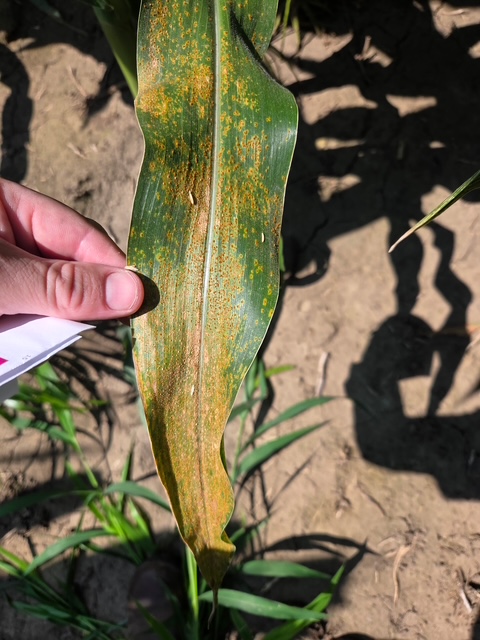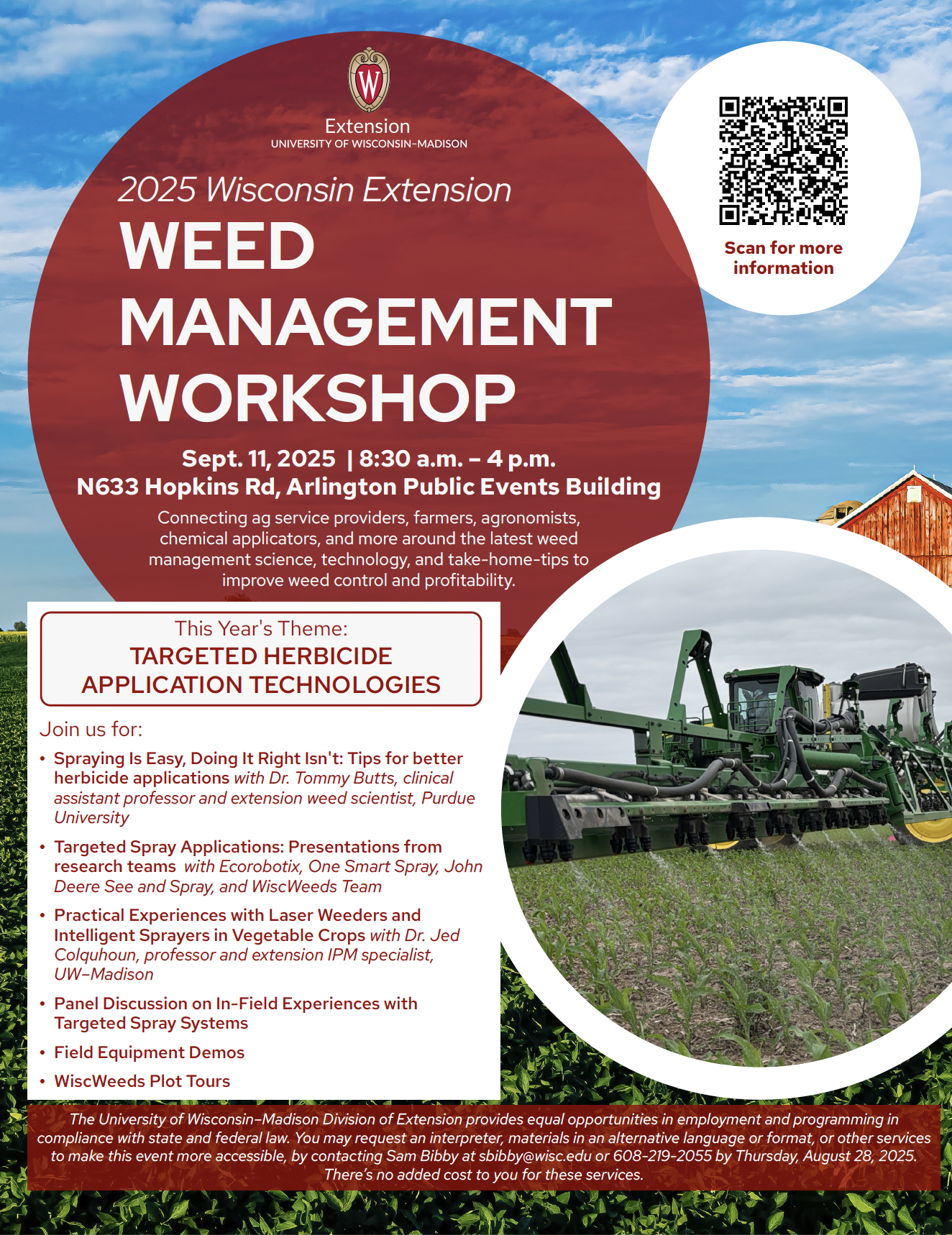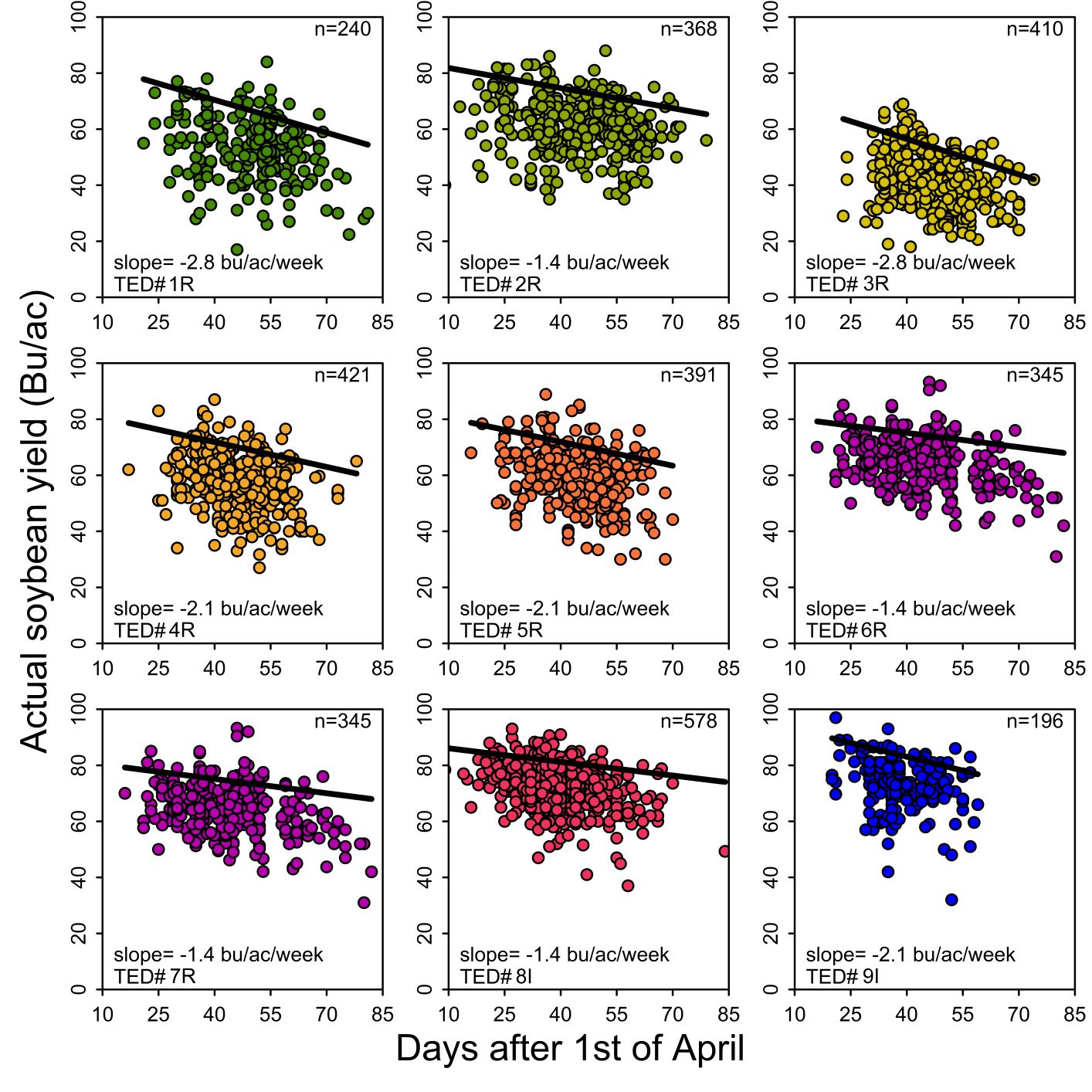The 2025 Wisconsin Soybean Performance Trials featured a diverse range of entries submitted by seed companies, private breeders, and university researchers. These included both commercially available and experimental varieties, with additional cultivars added for comparison. Trials were conducted using conventional, reduced tillage, or no-till practices, planted at a rate of 160,000 seeds per acre in 15-inch rows.
Growing conditions across Wisconsin were generally favorable in 2025. While normal precipitation and average temperatures in spring delayed planting, late-season dryness did not significantly impact crop development. These conditions supported consistent growth and maturation across trial locations, allowing for reliable performance comparisons among varieties.
Performance was evaluated based on yield, lodging, maturity, and grain composition. Yields were measured in bushels per acre at 13% moisture, while lodging scores reflected plant erectness at maturity. Maturity was determined by pod color or frost occurrence, and grain composition, specifically protein and oil content, was measured using SCiO NIR sensors mounted on combines. This new approach enhances transparency and helps growers make informed decisions by considering both yield and nutritional value.
Due to the government shutdown, state-level yield estimates from NASS were unavailable at the time of posting. However, based on results from our performance trials, we estimate that soybean yields in Wisconsin for 2025 were above the long-term trend and likely approached, if not reached, state record levels.
Performance trial data in both PDF and Excel formats for 2025 and earlier can be found here: Soybean Variety Trial Results







